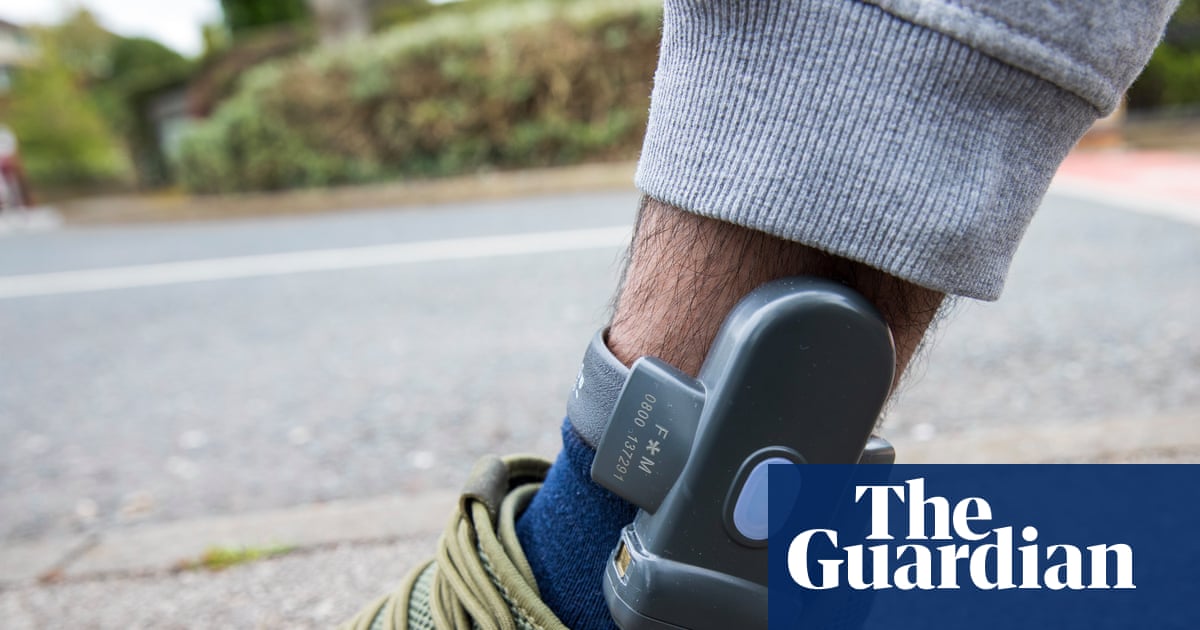A world-renowned children’s centre that provided the model for Sure Start is on the brink of collapse, with its future in the hands of the newly elected Reform UK leadership of its local council.
The Pen Green Centre, which pioneered wrap-around care and learning for preschool children in one of the most deprived areas of the UK, was the blueprint for Labour’s totemic early years Sure Start programme in the late 1990s.
The early education minister, Stephen Morgan, is due to visit the centre on Wednesday amid reports the government is hoping to reboot Sure Start-style services as part of its child poverty strategy, expected in the autumn.
The chair of Pen Green, Adam Cooper, told the Guardian the centre had been struggling to stay afloat financially because of “political” local funding decisions. “I’m incredibly worried we will lose the centre. Should it go, replacing it will be impossible,” he said.
The centre has been locked in a funding dispute with its local authority, North Northamptonshire, in recent years. The council’s previous Tory leadership made no bones about its disdain for Pen Green, cutting its funding from £1m to £300,000 in 2022 despite widespread public opposition.
The survival of Pen Green, which is in Corby, an economically deprived post-industrial corner of a mainly affluent county, is being seen as an early test for the council’s Reform leadership, which took power after May’s local elections.
North Northamptonshire’s leader, Martin Griffiths, who was a Tory council leader in neighbouring Wellingborough before switching to Reform, has previously visited the centre and is understood to have been impressed by its services.
In a statement, the council paid tribute to Pen Green and said it would “endeavour” to help it: “In relation to the previous Sure Start scheme, it was extremely respected and successful, and crucially it was funded centrally. When this was withdrawn, the initiative ceased.
“We would welcome long-term centrally funded initiatives to invest in our children, young people and communities … [our] finances are challenging, and our statutory responsibilities have priority. If the Labour government can provide the finances to run initiatives such as Sure Start then they would be viewed favourably by this council.”
Maintained nurseries are funded by Department for Education grants but councils have discretion over how the money is shared. Pen Green argues its problems arose when the previous regime chose to redirect extra funding traditionally earmarked for the centre to other nurseries in the county.
The education secretary, Bridget Phillipson, visited Pen Green three years ago. She is also believed to be an admirer of the centre, which was created in the early 1980s in a disused primary school and provides integrated nursery, health, family support and social care services for about 1,000 children under five each year.
The centre, which is hugely popular locally, has trained thousands of early years professionals, operates a thriving research centre, and attracts hundreds of visitors a year from all over the world seeking to learn from its approach.
Lee Barron, the Labour MP for Corby and East Northamptonshire, said: “Pen Green really is the jewel in the crown as far as children’s centres are concerned. It epitomises Labour values and it is something I will fight to protect.”
While No 10 and Phillipson recognise Sure Start’s popularity, especially with Labour voters, she has in the past downplayed the prospects of a return to the programme’s generously funded glory days, saying change “will not come simply from winding back the clock”.
A key Labour mission is to ensure all children, especially those from deprived backgrounds, are “school ready” by the time they reach primary age in areas such as language development, social skills and even teeth brushing – ambitions that children’s centres such as Pen Green argue are at the core of the services they provide.
Recent research has found the long-term impacts of Sure Start were positive and cost-effective, producing better health, education and social care outcomes for families who enrolled in the programme during the 2000s.
At its peak in 2009-10 there were 3,600 Sure Start centres in England, before austerity cuts reduced government funding by two-thirds, with local authorities scaling back or closing most of the centres by 2018.

 3 months ago
108
3 months ago
108

















































